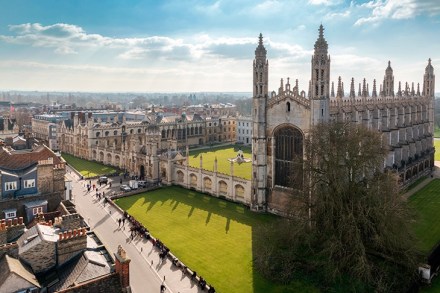The deafening rise of ‘background’ music
One of my favourite things on British Muslim TV is Ask the Alim. An alim is a learned expert in the law. He’ll answer anything, live. The 2020 Best Bits highlights programme included a question about divorce. Can a man take back a woman he has divorced? Good question. It depends whether the divorce is




















